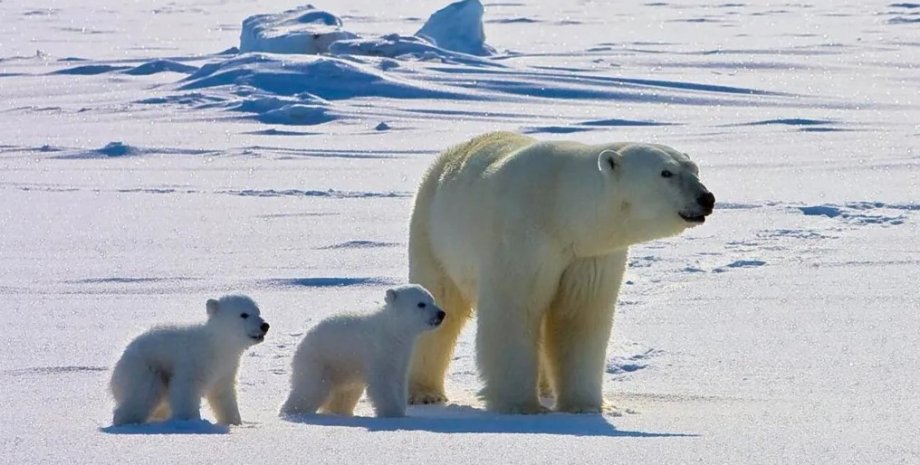
 By Victor Duda
By Victor Duda
A new study shows that as the Arctic, which is heated faster than other Earth regions, polar bears face the higher risk of infection with viruses, bacteria and parasites, which were less prone to 30 years ago. In focus. Technology has appeared its Telegram channel. Subscribe not to miss the latest and most intrusive news from the world of science! In a new study, biologists have collected bears blood in the Chukotsky Sea. The samples were collected from 1987 to 1994 and then from 2008 to 2017.
The team found that much more recent blood samples contained chemical signals that the bears were infected with one of five viruses, bacteria or parasites. According to wildlife biologists, Dr. Karin Rode from the US Geological Service, it is still difficult to determine how this is reflected in the physical health of animals, but this shows that changes are taking place in the Arctic ecosystem.
It should be noted that six different pathogens were tested in general - viruses, bacteria or parasites that are associated with terrestrial animals, but were also registered in marine animals, including those who hunt polar bears. According to Dr. Rode, their research colleagues covers three decades, for which there has been a significant melting of ice, as well as the population of the population being investigated by scientists has expanded.
As a result, they have a unique opportunity to check whether the effect, especially some pathogens, has changed, in response to the warming of the Arctic. Five pathogens have been identified, as collectively called pathogens that have become more common in polar bears, namely: Dr. Rode also notes that polar bears are generally quite resistant to disease.
At the same time, scientists still do not know how vulnerability to pathogens will affect the physical health of animals, but believe that this, at least, emphasizes that the situation in the Arctic is changing. In the United States, polar bears are classified as an endangered species. Scientists believe that the greatest threat to their future is the loss of the habitat of marine ice, which is used as a platform from which they attaches on their marine prey.










All rights reserved IN-Ukraine.info - 2022